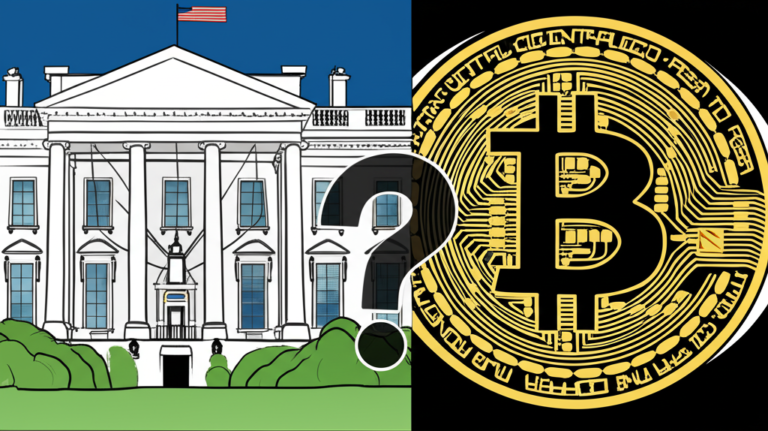GENIUS Act’s Stablecoin Yield Ban: A Boon for Ethereum DeFi?
The proposed GENIUS Act, aiming to regulate stablecoins in the US, is generating significant ripples in the cryptocurrency space. While intended to enhance stability and protect consumers, analysts predict its restriction on yield-bearing stablecoin products could inadvertently boost the demand for decentralized finance (DeFi) platforms built on Ethereum. This shift, they argue, could reshape the landscape of stablecoin usage and DeFi participation.
The GENIUS Act and its Implications for Stablecoin Yields
The GENIUS Act (which we can infer from the title refers to a specific bill focusing on stablecoin regulation – further research would be needed to confirm the full name) proposes significant limitations on the ways stablecoins can generate yields for investors. This directly challenges the lucrative stablecoin yield farming prevalent on centralized exchanges and certain DeFi platforms. By restricting yield-bearing options within the US regulatory framework, the act creates a vacuum that many analysts believe DeFi will quickly fill.
DeFi’s Emerging Opportunity
The ban on yield-bearing stablecoins in the regulated US market removes a significant attraction for holding stablecoins domestically. Investors seeking returns on their stablecoin holdings will be forced to look for alternative avenues. Ethereum’s DeFi ecosystem, with its diverse range of lending, borrowing, and yield farming protocols, presents a compelling solution.
This potential influx of capital into Ethereum DeFi could lead to several positive outcomes:
- Increased Protocol Usage: We could see a surge in the total value locked (TVL) across various Ethereum DeFi protocols, especially those offering lending and staking opportunities for stablecoins like USDC and USDT. This would be a significant boost for the Ethereum network and its associated tokens.
- Higher Transaction Volumes: The increased activity in DeFi lending and borrowing would naturally lead to higher transaction volumes on the Ethereum blockchain, boosting network fees (gas) and potentially increasing the price of ETH.
- Enhanced DeFi Innovation: The increased capital flow could further incentivize developers to build innovative DeFi products tailored to meet the evolving needs of investors seeking yield in a more decentralized environment.

Regulatory Uncertainty and Market Response
The impact of the GENIUS Act, however, is not without its uncertainties. Regulatory hurdles and potential risks associated with DeFi participation might deter some investors. The extent to which this potential shift will occur depends on several factors, including the final wording of the Act and the market’s overall sentiment towards regulation. Furthermore, the complexities of navigating decentralized platforms and understanding associated risks might limit the influx of entirely new users.
However, early indications suggest a significant portion of investors are already adapting to this anticipated change. Anecdotal evidence and observations from DeFi communities indicate that many users are proactively exploring different yield-generating strategies within the decentralized space.
Conclusion
The proposed GENIUS Act’s ban on yield-bearing stablecoins presents a double-edged sword. While aiming to protect consumers, it simultaneously creates an opportunity for the Ethereum DeFi ecosystem to flourish. The outcome will depend on the interplay of regulatory clarity, market dynamics, and the ability of DeFi protocols to effectively cater to the demand for regulated and secure yield-generating solutions.
Key takeaways:
- The GENIUS Act is likely to restrict yield-bearing stablecoin options in the US.
- This could significantly increase demand for Ethereum-based DeFi platforms.
- Increased DeFi usage could lead to higher TVL, transaction volumes, and innovation.
- Uncertainty remains regarding the full impact due to regulatory hurdles and market sentiment.










